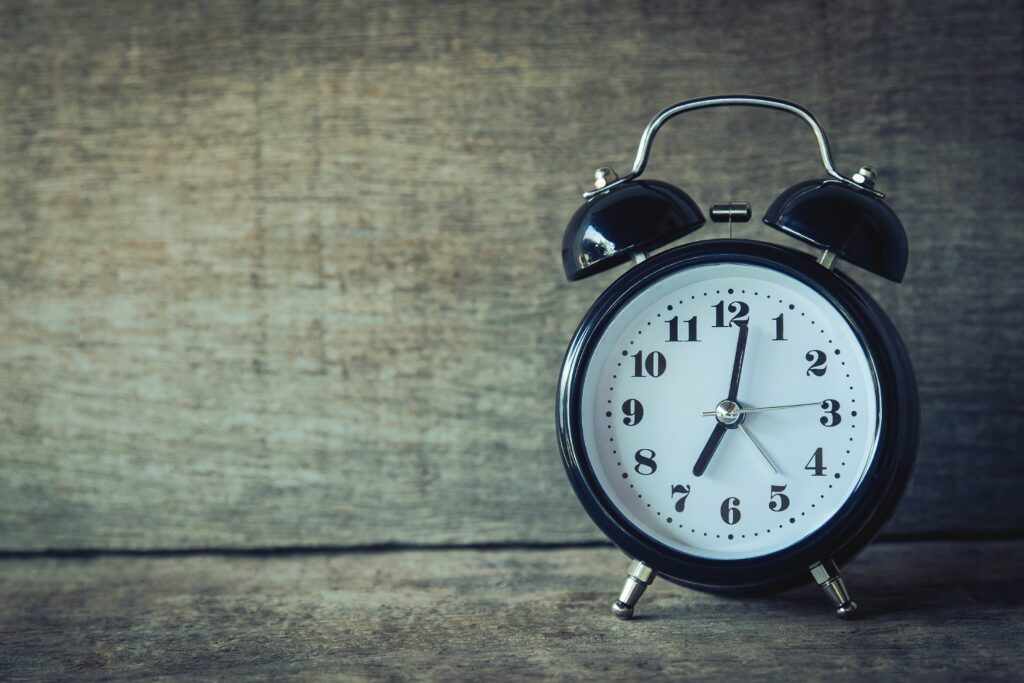Hey there! Some links on this page are affiliate links for Amazon which means that as an Amazon associate, if you choose to make a purchase, I may earn a small comission at no extra cost to you. Thank you so much again for just checking out this page. 🙂

- What is Bed Eating Disorder?
Bed eating disorder (BED) is a form of disordered eating that involves consuming excessive amounts of food while lying in bed. It often involves nighttime binge eating, often in response to emotions or stress. BED can have severe negative consequences on physical and mental health, including weight gain, obesity, depression, and low self-esteem.
- Why shouldn’t we eat before going to bed?
Eating late at night can have detrimental effects on our health, including:
– Weight gain: Consuming calories close to bedtime can lead to rapid weight gain and obesity.
– Digestive issues: Eating too close to bedtime can disrupt the body’s natural digestive processes and lead to indigestion or discomfort.
– Impaired sleep quality: Eating before bed can cause restlessness, snoring, and disrupted sleep patterns.
– Unhealthy eating habits: Eating late at night can interfere with healthy eating habits and contribute to a general lack of control over food intake.
– Emotional discomfort: Eating late at night can exacerbate feelings of guilt and shame, leading to emotional distress.
Emotional eating is a common behavior that occurs when individuals turn to food as a means of managing their emotions. By identifying triggers, practicing mindful eating, and finding healthier alternatives, we can stop emotional eating. However, eating late at night can have negative effects on our bodies, including weight gain, digestive issues, and poor sleep quality. It is important to establish healthy eating habits and avoid eating close to bedtime for better overall health and overall well-being. If you want to read more on emotional eating, check out this link that includes strategies and books to read that will help you quit.
How to Stop Eating in Bed & How to stop Eating at Night

Eating in bed can be a convenient way to snack or indulge in late-night cravings, but there may be consequences to this behavior that are worth reconsidering. In this post, we will explore the reasons why people eat in bed and discuss strategies that can help break the habit of eating in bed.
Strategies for Breaking the Habit of Eating in Bed
Breaking the habit of eating in bed can be challenging, but it’s achievable with dedication and commitment. Here are some strategies to help you break free from this habit:
1. Remove tempting foods from the bedroom: If there are tempting foods in your bedroom, such as snacks or late-night cravings, it’s much easier to give in to temptation and eat in bed. Remove these tempting foods from your bedroom to create a less conducive environment for eating.
2. Explore emotional triggers: Sometimes, eating in bed can be triggered by emotions, such as stress, loneliness, or boredom. By identifying and understanding your emotional triggers, you can develop healthier coping mechanisms to address them without resorting to late-night snacking.
3. Create a distraction: If you find yourself craving food in bed, try creating a distraction to divert your attention. Engage in a relaxing activity, such as reading a book, having a bath, or practicing mindfulness. This will help you break the cycle and shift your focus away from eating.
4. Set clear boundaries: Establish clear boundaries around eating in bed. Make it a rule that eating in the bedroom is prohibited, and stick to this rule. This will help reinforce the new habit and make it more likely that you will stick to it in the long run.
In conclusion, eating in bed can be a convenient and tempting habit, but it can lead to negative consequences such as disrupted sleep, increased risk of cavities, and decreased energy levels during the day. By implementing strategies such as removing tempting foods from the bedroom, exploring emotional triggers, and creating distractions, you can break the habit and improve your overall health and well-being.
5. Pop a piece of Gum in Your Mouth or Drink a Glass of Chocolate Milk Before Bed: Honestly, just keeping your mouth busy may be the trick for some of you. Chocolate milk actually contains an amino acid called tryptophan, which is associated with the production of serotonin, a neurotransmitter that helps you sleep! These two things have been a God-send for me in my health journey.
6. Go To Bed Without Your Phone and Without T.V.: A lot of people won’t like this one, but honestly, both of these can be triggers to emotionally eat. Find a REALLY good book to look forward to, clean up your room, and make it a food free, peaceful oasis for yourself.
The Best TIME to Stop Eating Before Bed

The timing of your last meal may have an impact on belly fat and overall weight. It is recommended to have your last meal of the day a few hours before bedtime to allow your body ample time to digest the food and process the calories. Here are some general guidelines:
1. Individual Variation: Different individuals have different physiological responses to late-night eating. It is generally recommended to experiment and find what works best for you.
2. Early Evening: Aim to have your last meal of the day no later than 6-7 hours before your bedtime. This allows for sufficient time for digestion and allows your body to repair and rejuvenate during sleep.
3. Slow-Digesting Foods: Consider choosing foods that are easily digestible and have a lower glycemic index, such as complex carbohydrates, lean proteins, and healthy fats. These foods are less likely to disrupt your sleep and contribute to weight gain.
4. Hydration: Make sure to drink plenty of water throughout the day, especially before bedtime. This helps support digestion and prevents late-night cravings.
Benefits of Not Eating in Bed
One of the main benefits of not eating in bed is the improved sleep quality that can result from avoiding late-night meals. When you eat in bed, your body has to work extra hard to metabolize the food, which can disrupt your sleep and cause discomfort. By not eating in bed, you can promote better sleep and feel more rested in the morning.
Additionally, not eating in bed can also reduce the risk of cavities. When you sleep after eating, your mouth remains open for an extended time, allowing sugars and acids from your food to linger on your teeth. This can lead to tooth decay and cavities. By not eating in bed, you can minimize this risk and take care of your oral health.Lastly, not eating in bed can lead to increased energy during the day. When you sleep on an empty stomach, your body has a better opportunity to use its energy for essential bodily functions, rather than processing food. This can lead to increased energy levels and productivity throughout the day.
Sources That Can Help You Quit and Find Freedom
- Getting Out of B.E.D. by Megan R. Bartlett
- Binge Eating Disorder: Relief Workbook For Teens: How to Stop Overeating and Compulsive, Emotional Eating (Food and Feelings Planner)
- CBT Workbook for Binge Eating Disorder: A Comprehensive Guide to Overcoming BED with Cognitive Behavioural Therapy Techniques and Personalized Plans: … Real Life Examples and Practical Exercises
- Love the Food that Loves You Back: 100 Recipes That Serve Up Big Portions and Super Nutritious Food (Cookbook for Nutrition, Weight Management)
